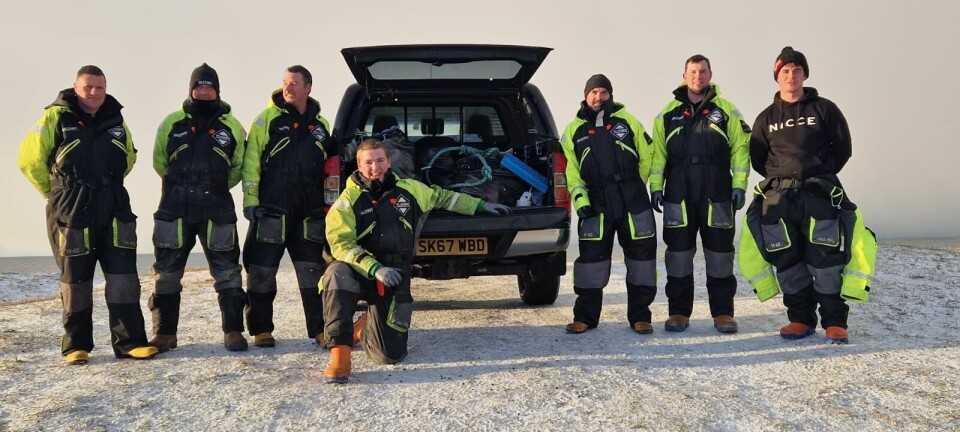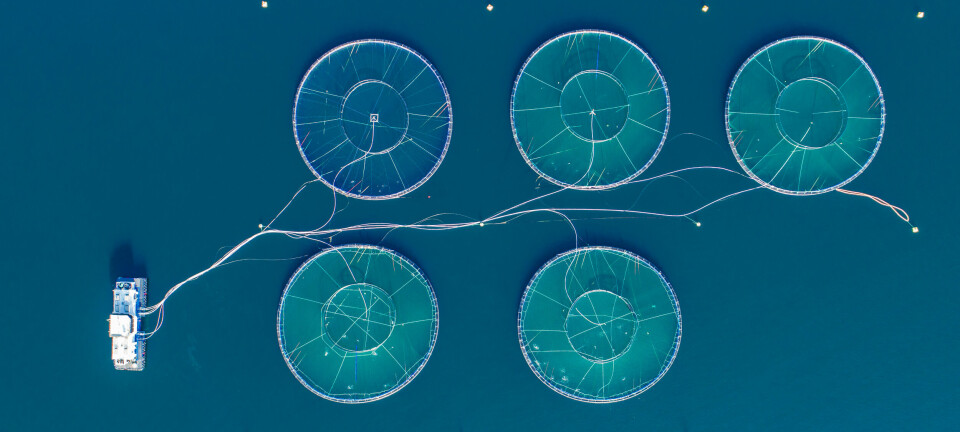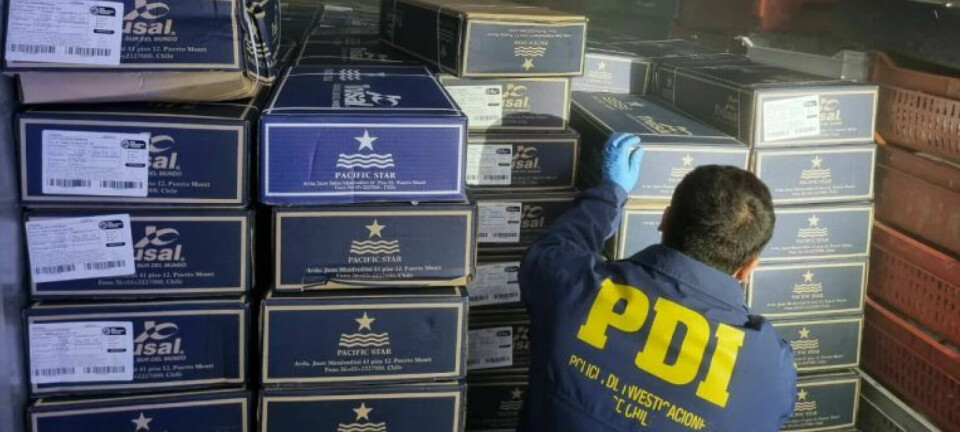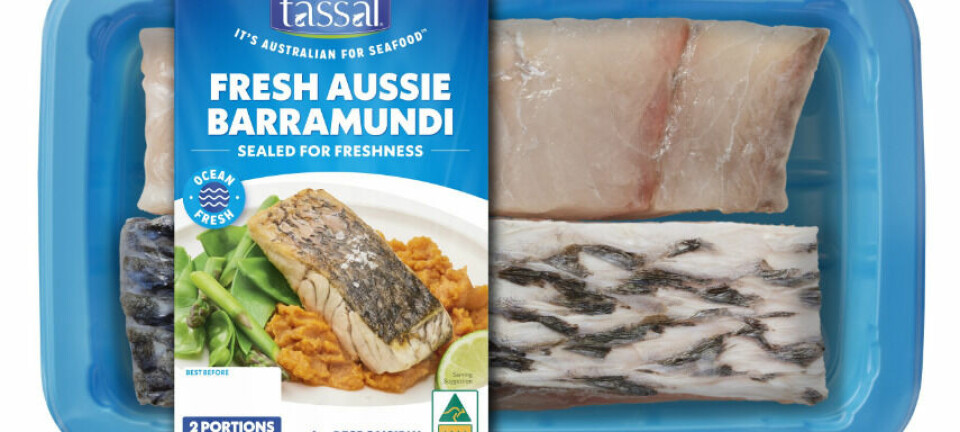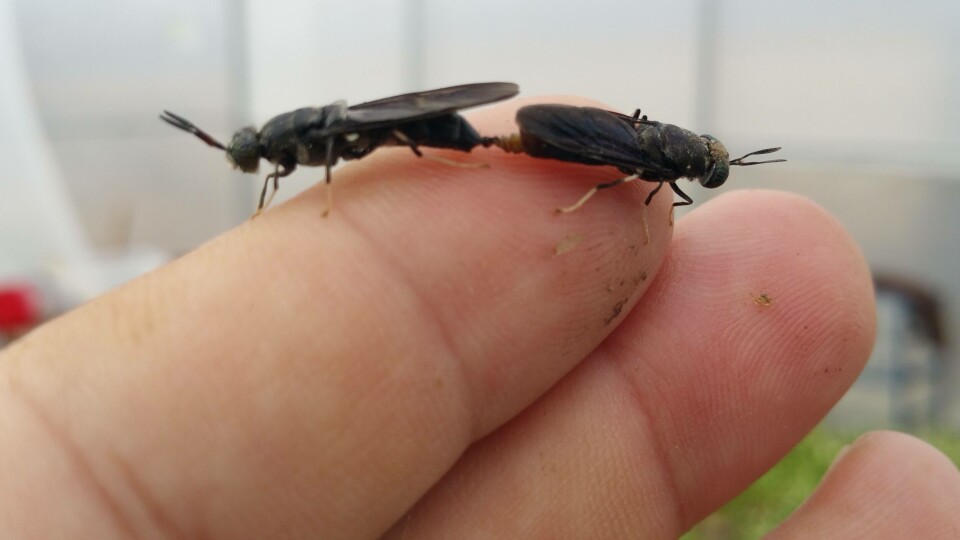
Insect grower seeks Scottish fish farming, feed partners
A Portuguese insect protein producer has begun a search for a Scottish fish farming partner as it prepares to take its business from an experimental to commercial level.
EntoGreen is also seeking to work with a feed manufacturer in Scotland.
The company currently produces only a tonne of insect protein per month in a pilot plant but to expects to start work on a new 3,000-tonnes-per-annum factory by the end of this year and plans to have its product on the market in early 2021.

Sustainable fish
Co-founder Daniel Murta said: “We are looking for someone willing to include insect protein as a novel food source for fish farming, in order to differentiate the fish they are producing. We are looking for someone who wants to produce more sustainable fish.”
He added: “We will not only be producing for Portugal but for the international market, exporting to Scotland. The Scottish farmers are producing so many fish that I believe it’s a very important market for us.”
The company has previously experimented with mealworms, the larval form of the mealworm beetle, Tenebrio molitor, but now concentrates solely on black soldier fly (BSF).
Competitive price
Murta said EntoGreen expects to supply insect protein “at a price competitive with fishmeal” as soon as it enters the market.
He said both provided similar nutrients, but that insect protein might come with an added health benefit for early-stage fish.
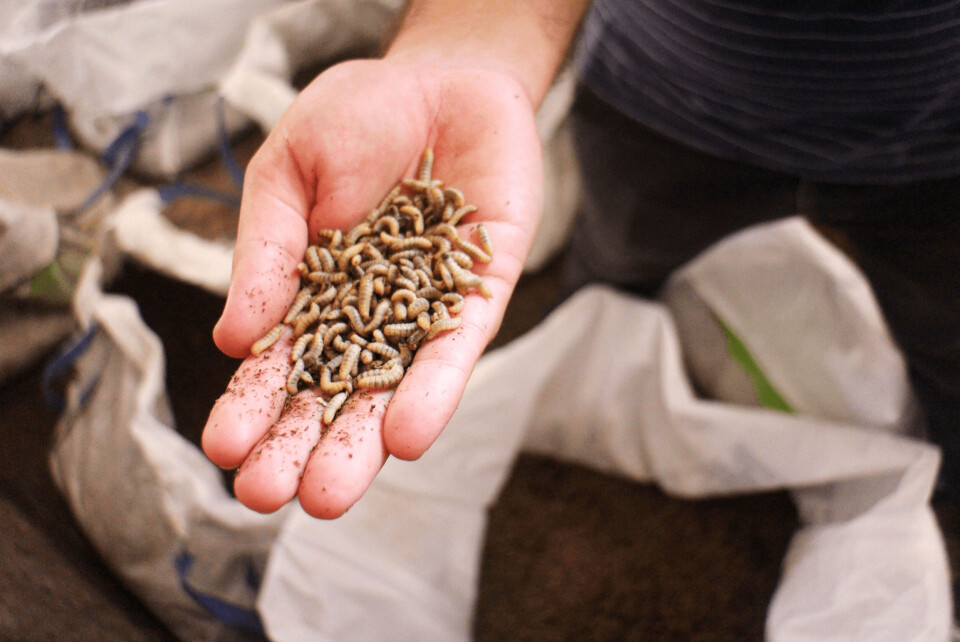
“The amino acid profiles of insect protein are similar to fishmeal and vegetable protein. However, an interesting thing is that insect protein can be used in the first stages of development, reducing mortality in the fish being produced. That has been shown in several publications. They don’t know why that happens, perhaps it is something in the insects?”
EntoGreen is also evaluating the possibility of establishing an insect farm in Scotland, but Murta stressed that the hoped-for partnerships with a fish farmer and feed producer were separate to that project and not dependent upon it, as the insect protein will be supplied from Portugal.
Vegetable by-product
He said EntoGreen would be looking for a source of vegetable by-product in Scotland in order to identify the most suitable location for establishing an insect farm, although finding a ready supply of waste – or substrate, as it is known – might not be an easy task.
Murta recently visited Edinburgh to attend an insect farming workshop organised by Zero Waste Scotland, during which the audience heard that most of the legally allowed substrates such as waste cereals from distilleries were already being used for animal feed.
EntoGreen has been successful in finding substrate sources from the vegetable industry in Portugal.
Murta can be contacted at daniel.murta@entogreen.com.
The scientist has also co-authored the Portuguese government’s Code of Good Practices for Insect Production, Processing and Use in Animal Feeding (in English) which can be found here.
















































